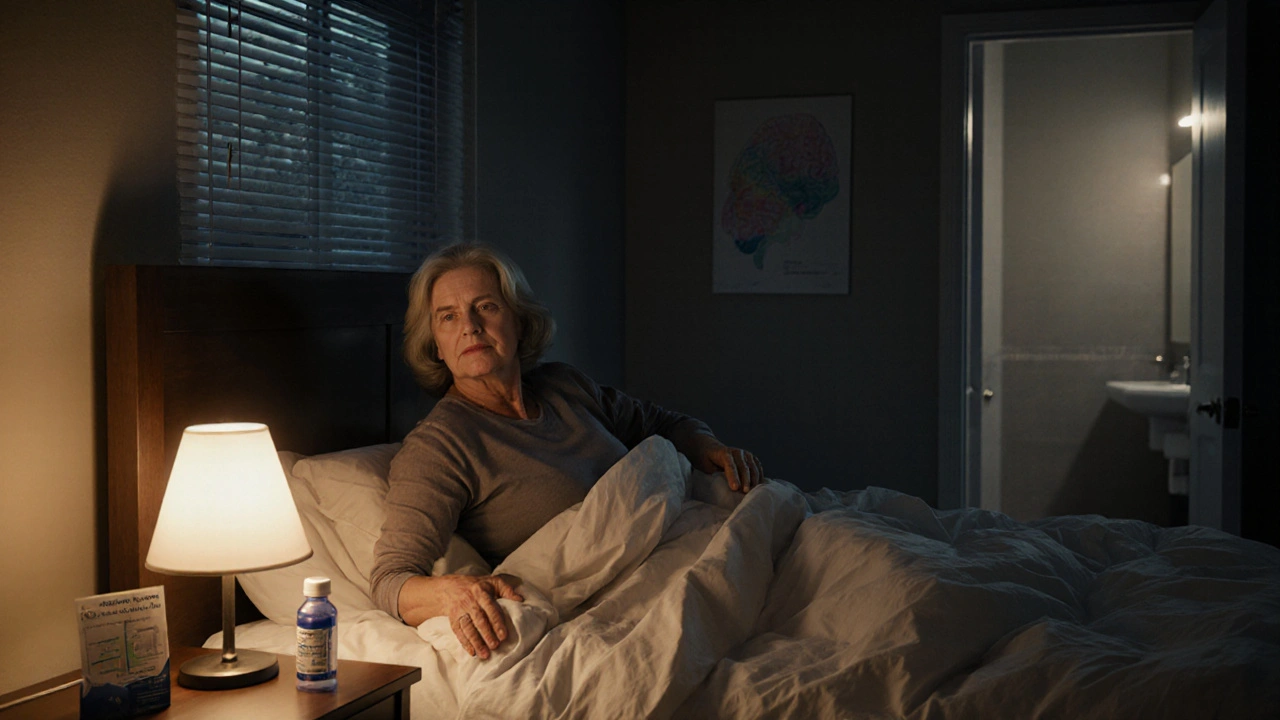Urinary Frequency: Understanding the Causes and Management
When dealing with urinary frequency, the need to urinate more often than normal, which can interrupt work, sleep, and social life. Also known as frequent urination, it often points to an underlying bladder issue. Urinary frequency is not just a nuisance; it can be a clue that your body is trying to tell you something. For many people, the first thing they hear is "overactive bladder," and that’s a good place to start. overactive bladder, a condition where the bladder muscle contracts too often, leading to sudden urges frequently shows up as urinary frequency. This relationship forms a clear semantic triple: urinary frequency signals overactive bladder, overactive bladder causes urgent urges, urgent urges lead to more trips to the bathroom. Understanding this chain helps you see why lifestyle tweaks or medication can make a real difference.
Key Factors Behind Frequent Urination
Beyond overactive bladder, several other entities influence how often you need to go. A common trigger is a urinary tract infection, bacterial invasion of the bladder or urethra that irritates the lining. When bacteria irritate the urinary tract, the bladder sends stronger signals, creating the semantic link: urinary tract infection increases urinary frequency. Another factor is nocturia, the need to wake up at night to urinate, which often co‑exists with frequent daytime trips. Medications like diuretics, commonly prescribed for blood pressure, can also raise urine output, making the bladder work harder. For men, an enlarged prostate can obstruct urine flow, causing the bladder to contract more often—a direct connection between prostate health and urinary frequency. Lifestyle habits matter too; high caffeine or alcohol intake can act as natural diuretics, pushing the bladder to empty more frequently. By mapping these entities—UTI, nocturia, diuretics, prostate issues—you get a fuller picture of why the symptom appears and where to target treatment.
Below you’ll find a curated list of articles that dive deeper into each of these topics. We’ve gathered guides on spotting infection signs, managing overactive bladder with diet and medication, coping with nocturia, and choosing safe diuretic use. Whether you’re looking for quick tips or a detailed treatment plan, the posts below cover the practical steps you need to regain control of your bladder health. Let’s explore the resources that can help you turn frequent bathroom trips into a thing of the past.

How Head Injuries Lead to Nocturia: Causes, Diagnosis, and Management
Explore why head injuries often cause nighttime urination, how to diagnose the link, and practical steps to manage nocturia after a brain injury.
